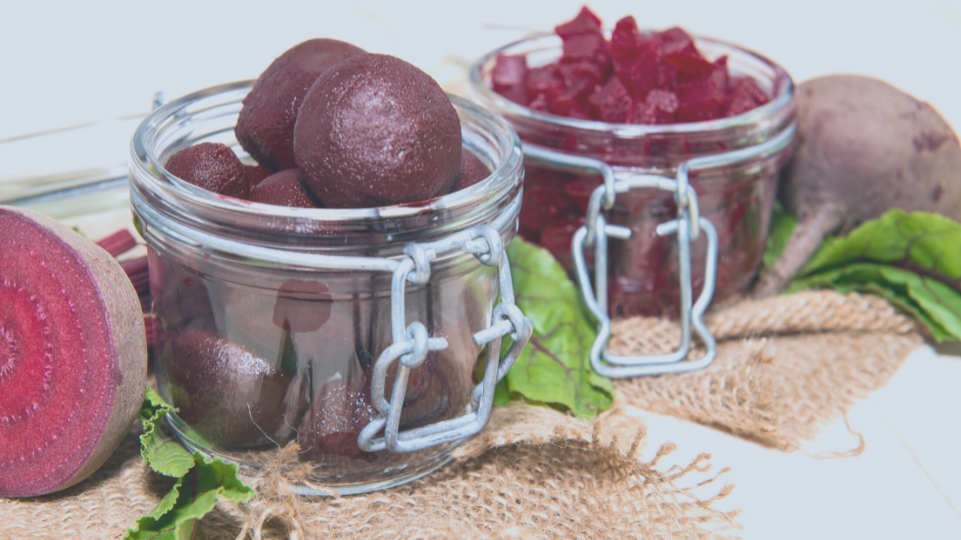Stress can be sneaky. It creeps up on us, often without warning, and before we know it, we’re feeling overwhelmed, fatigued, or even physically unwell. In today’s fast-paced world—where we’re constantly juggling responsibilities, checking our phones, and rushing from one task to the next—our bodies interpret this constant busyness as a threat. When our nervous system perceives danger, it triggers a stress response. More stress leads to increased cortisol production, which, over time, can contribute to high blood pressure, weight gain, hormonal imbalances, and even a weakened immune system. But the good news? We can break this cycle. And the best way to do it is through intentional rituals. The Power of Rituals Rituals don’t have to be elaborate. They can be small, simple moments woven into your day that signal safety and calm to your nervous system. They act as a reset, helping you shift from a state of stress to a state of ease. Some easy rituals to try: ✨ Morning Stretch: Take five minutes to gently stretch before breakfast. It wakes up the body and sets a positive tone for the day. ✨ Midday Music Break: Listen to calming or uplifting music for 10 minutes after lunch to reset your energy and refocus. ✨ Evening Tea Time: Sip a warm cup of herbal tea in silence before bed, allowing your body to wind down for restful sleep. Why Rituals Work 1️⃣ They tell your nervous system: “You’re safe.” When we engage in predictable, calming activities, our brain understands that we are not in danger. This helps lower cortisol levels and prevents our body from staying in a chronic stress response. 2️⃣ They create calm through consistency. When we repeat small, soothing habits daily, they become anchors in our routine—moments of peace we can rely on, no matter what’s happening around us. Take the Next Step If you’re feeling stressed and unsure where to start, let’s create a personalized plan to help you manage stress and support your health. Book a call today to start your journey to a more vital and healthier you.








